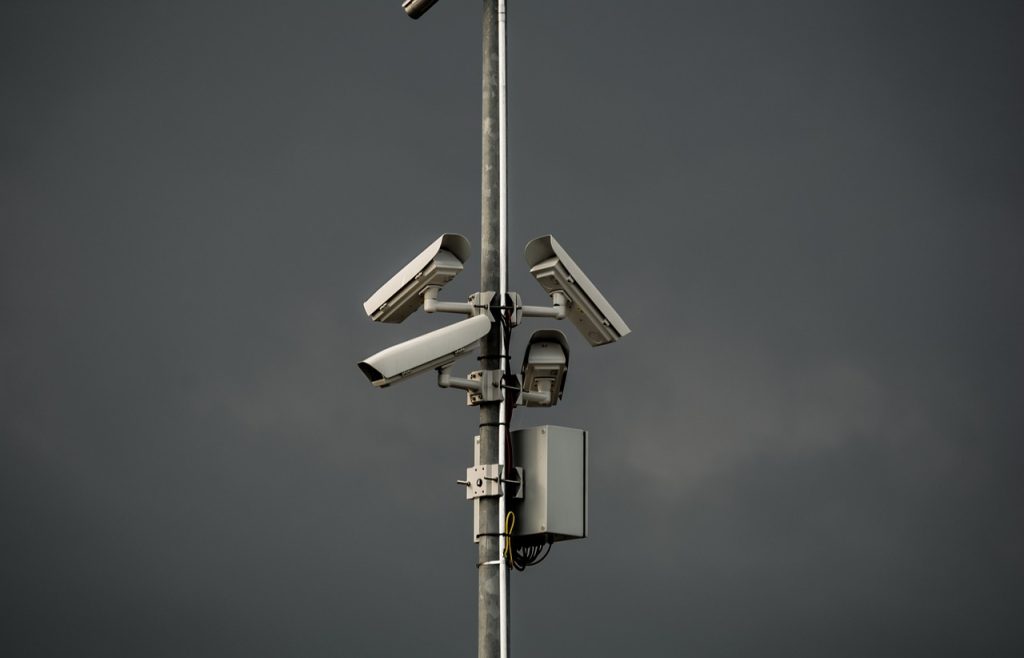
Authorities in Johnson County, Texas, employed the Flock automated license plate recognition network to track down a woman who, according to her family, had self-managed an abortion and might have required urgent medical attention. However, the search was not triggered by a missing persons report or a criminal investigation — but solely by the fact of the abortion itself, an act deemed a crime in some states and a protected right in others.
A sheriff’s deputy logged the reason for the Flock query as “had an abortion, search for female,” which triggered a nationwide alert across more than 6,800 camera networks encompassing a total of 83,345 devices. The Flock system, developed by a company of the same name, is designed to automatically scan passing vehicles for license plate numbers, body color, make, and model. All this data is stored in a centralized database, allowing authorities to trace the movements of vehicle owners in near real-time.
As revealed by an investigation conducted by 404 Media, the request from Texas appeared in access logs for Flock cameras installed in Washington and Illinois — states where abortion remains legal and protected until fetal viability. Through public records requests, MuckRock user Rose Thayer obtained access to documents from the police departments of Yakima and Prosser, Washington. The same operation was reflected in audit reports from Mount Prospect, Illinois, confirming the search’s interstate reach.
Sheriff Adam King stated in a phone interview with journalists that the woman’s family had been concerned about potential bleeding following the abortion. He claimed the search was not intended to prevent her from traveling out of state for medical care but rather to “ensure her safety.” The camera analysis provided some leads near Dallas, though they ultimately did not reveal her location. It was only two days after the search began that contact was established, confirming she was not in immediate danger.
Nevertheless, civil liberties advocates have expressed serious concerns about the legality and implications of such surveillance. Eva Galperin, Director of Cybersecurity at the Electronic Frontier Foundation, described the incident as a stark example of law enforcement wielding surveillance technology under the guise of protection. Elizabeth Ling, Senior Legal Counsel at If/When/How, emphasized that it is state intervention and criminalization — not medical complications — that pose the greatest threat to individuals who self-manage abortions.
Research by If/When/How shows that approximately 26% of abortion-related criminal cases are initiated following reports from relatives, partners, or friends. Meanwhile, medical experts regard medication abortions as safe. Ling underscores that the core issue lies in government surveillance: even absent formal charges, the act of being monitored infringes on personal privacy and fosters a climate of fear.
The situation is further complicated by the fact that Flock’s system does not require a court order to initiate a search. Simply entering a justification — in this case, “had an abortion” — is sufficient. Any law enforcement officer connected to the system can initiate a search across their local area, state, or even the entire country. Furthermore, Flock administrators can conduct what is known as a Network Audit to identify which agencies have requested access to their cameras. It was this feature that revealed the Texas-initiated search echoed in access logs on the opposite side of the country.
In response to inquiries, Flock stated that it does not determine which laws are enforceable in each state and supports the authority of democratically elected bodies to define their legal frameworks. The company claimed that, in this case, the objective was “to locate a vulnerable individual who may have posed a risk to herself.”
Still, the context surrounding Flock’s usage has raised alarms among rights advocates. The system has previously been used to assist U.S. Immigration and Customs Enforcement (ICE) and the Department of Homeland Security. Ling insists such incidents must not be viewed in isolation: both involve the state attempting to exert control over personal bodily autonomy — whether in reproductive decisions or migration.
Kate Bertash of the Digital Defense Fund, who studies ALPR systems and abortion surveillance, identifies jurisdictional overreach as a key concern. Where activists once stood outside clinics jotting down license plates by hand, automated platforms now digitize and transmit this data at scale. “Flock is merely a modern incarnation of old surveillance — but its scope and automation leave no room for anonymity,” she observes.
Rights advocates point to a troubling pattern: the state is deploying the same surveillance tools against migrants and women, monitoring their movements and intruding on their personal lives. Even absent arrests or formal charges, this incursion into private space cultivates an atmosphere of fear and uncertainty — especially among women from vulnerable communities. Technologies enabling mass surveillance are increasingly adopted across nations, granting authorities unprecedented power to track citizens and erode their privacy.


